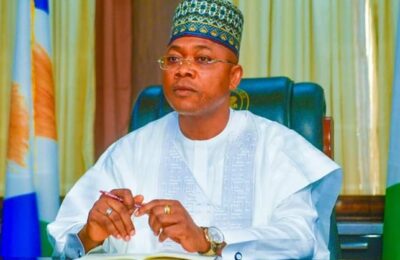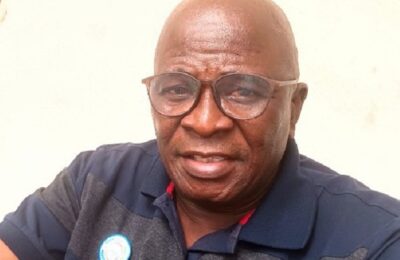It’s been 59 years since Nigeria gained her independence after some concerted efforts put together by the nationalists such as the likes of Late Obafemi Awolowo, Ernest Ikoli, Nnamdi Azikwe etc. who at the expense of their lives fought for the freedom we are enjoying today.
The story of Nigeria has an interesting beginning with a lot of lessons to learn from.
Nigeria got her independence on October 1 1960 at a time when the nation was on the verge of opting out of the indirect rule system adopted by the British Colony.
The nation since its inception has been experiencing one form of transition to another with an inference spectacular to the dichotomous views surrounding its political standing among countries in the world.
With its rich political background, Nigeria has what it takes to become not just the giant of Africa but also a reference point to the rest of the world in terms of the vast knowledge of some of her political gladiators.
Based on the foregoing, it is expedient we reflect on some of the pitfalls of Nigeria in the past years of her history as a nation.
First and foremost, there is no any government in the world that’s 100% perfect in its activities and international relations with other allied countries. Thus, Nigeria cannot be envisaged at this point to be 100% right in its policy implementation or goal planning. At such, we can only be better by building our political system around the legacies of our past heroes, which I believe can be improved upon.
As part of its pitfalls, Nigeria’s democracy has been overtime faulted on grounds of irregularities, which most time arises from political violence generated by some greedy politicians who more often than not use youths as political tools to get what they want particularly during elections.
We cannot pretend that all is well if we keep rejecting the right way of getting things done particularly in the 21st century where things are done within a speed of light. Nigerians are longing to see a country where election will be conducted free and fair, violent free and credibly without any external force interfering with the polity. This can be achievable if only we all leave our sentiments aside and stand for the continuity of our democracy.
Another noticeable loophole affecting the fibres of Nigeria is what could best be described as the ‘epileptic economic growth’ that has since marked the status of the nation among its other African counterparts. Million people still live in extreme poverty.
It is ranked as the 27th-largest economy in the world in terms of nominal GDP, and the 22nd-largest in terms of purchasing power parity. Following the 2008-09 global financial crises, the banking sector was effectively recapitalized and regulation enhanced. Since then, Nigeria’s economic growth has been driven by growth in agriculture, telecommunications, and services. Economic diversification and strong growth have not translated into a significant decline in poverty levels; over 62% of Nigeria’s over 180.
Despite its strong fundamentals, oil-rich Nigeria has been hobbled by inadequate power supply, lack of infrastructure, delays in the passage of legislative reforms, an inefficient property registration system, restrictive trade policies, an inconsistent regulatory environment, a slow and ineffective judicial system, unreliable dispute resolution mechanisms, insecurity, and pervasive corruption. Regulatory constraints and security risks have limited new investment in oil and natural gas, and Nigeria’s oil production had been contracting every year since 2012 until a slight rebound in 2017.
President Buhari, reelected in February 2019, established a cabinet of economic ministers in his first tenure in 2015 that includes several technocrats, and he has increased transparency, diversified the economy away from oil, and improved fiscal management, but has taken a primarily protectionist approach that only favors domestic producers at the expense of consumers, which is a major setback by some of his critics.
In summary, we need to come together under one umbrella of unified voices (not by hate speeches) to build a nation void of corruption, killings, kidnappings, murder and poverty that have eaten deep into the fibres our economy as people of a distinct nation. It is often said that, “A house divided against itself can never stand”, hence we must channel our course towards the direction of making Nigerian work again just as it was during the ages past. Remember that no Nigerian is more Nigerian than Nigeria itself. We must build the shackles of our beloved country if we must make this 59 years celebration worthwhile.
United we stand, divided we fall!
– Arogbonlo Israel writes from Lagos.
gemid931@gmail.com




